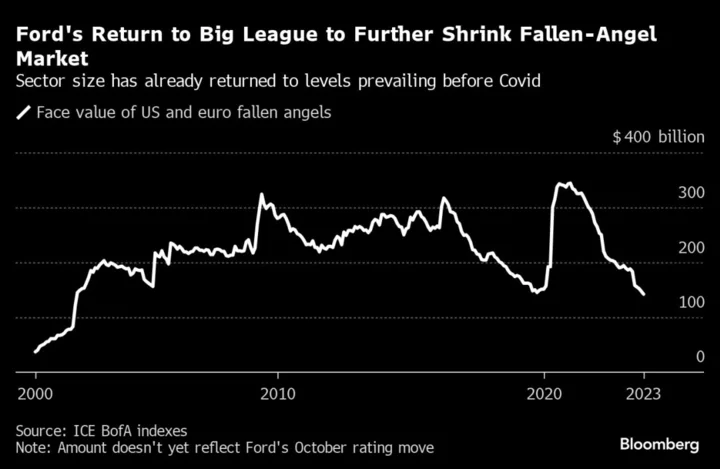Real estate was the most distressed sector in Europe in the second quarter of the year, driven by rising pressure on liquidity, softer investment metrics and squeezed profitability.
Higher interest rates, increased debt servicing costs and a fall in demand for office space “is putting intense pressure on the market,” according to the Weil European Distress Index report. The study, by law firm Weil, Gotshal & Manges LLP, aggregates data from more than 3,750 listed European firms.
In the residential market, rising interest rates are also impacting housing affordability, softening the outlook for house prices, according to the report.
The retail and consumer goods sector was the second most distressed in the region, as the cost-of-living crisis continued to erode spending power.
Meanwhile, distress across European financial services firms was driven to its highest level since October 2020, with a sharp deterioration in market fundamentals driving the overall rise.
The increase is likely to reflect the recent collapse of Silicon Valley Bank and the forced sale of First Republic, causing legitimate concerns over the risk of contagion, the study found. “The state-backed rescue deal of Credit Suisse to UBS also caused investor anxiety, although risks appear to remain contained, for now,” according to the report.
UK Inflation
In terms of geography, corporates in the UK were still the most distressed, as inflation in the country remains “stubbornly” high and its fall toward the Bank of England’s target rate of 2% is slower than expected. Core inflation was up to 7.1% in May.
German corporates remained the second most distressed, with levels now at the highest since November 2020. The increase “reflects a weaker than expected recovery in the German economy, which fell into recession in the first quarter of 2023,” the report said.
In the case of France, the levels of distress were below average due to extraordinary government support, in particular around the energy crisis last year. As that support has been withdrawn, the cracks are expected to become more prominent, said Andrew Wilkinson and Neil Devaney, partners at Weil’s restructuring practice, during a call with journalists.
Going forward, the expectation is that restructurings come mostly from debt coming due rather than problems with raising liquidity, given that capital structures are quite flexible, said Devaney.
“We’ll see more companies that can’t refinance in terms which are consistent with the business plan and the new cost of debt would take just too much cashflow,” said Wilkinson. “Before 2008, that’s what drove restructurings. We forgot what it was like after the financial crisis when banks’ financing costs were very low and they would rather just extend maturities.”
Author: Irene García Pérez









